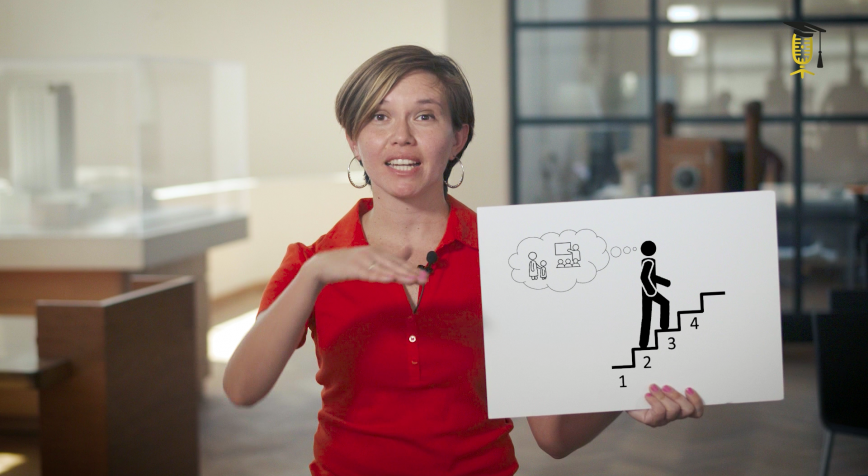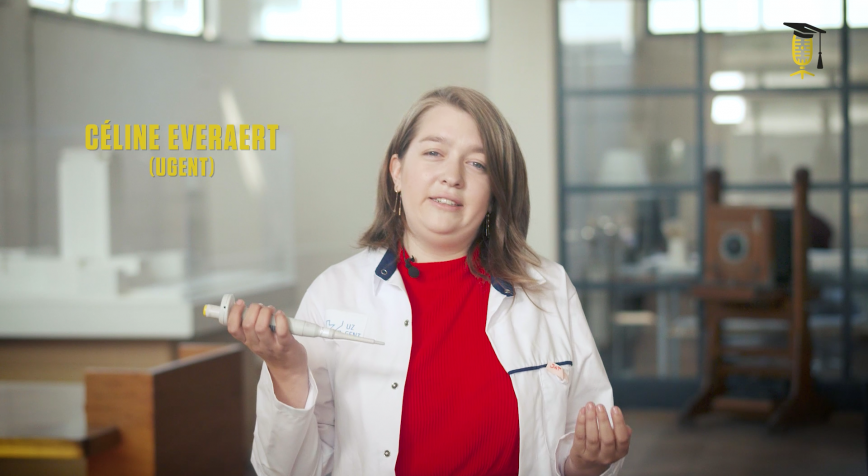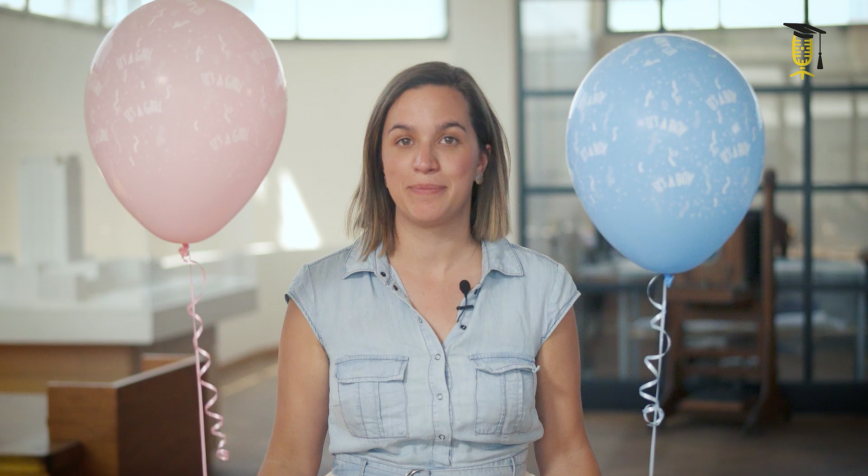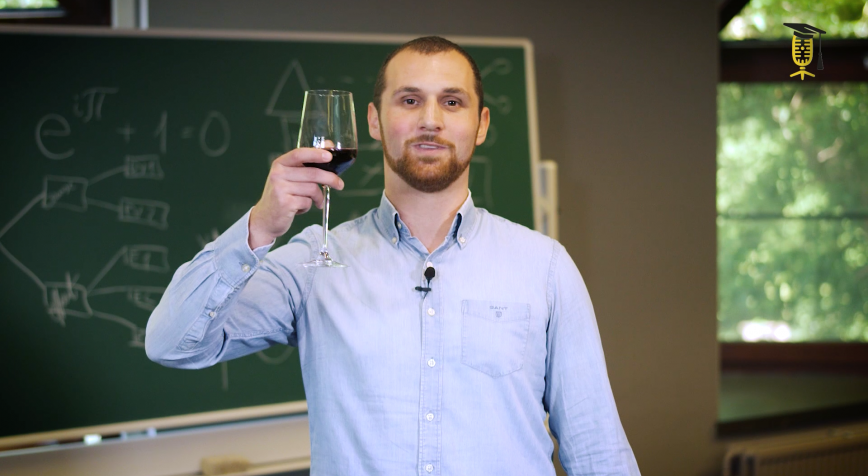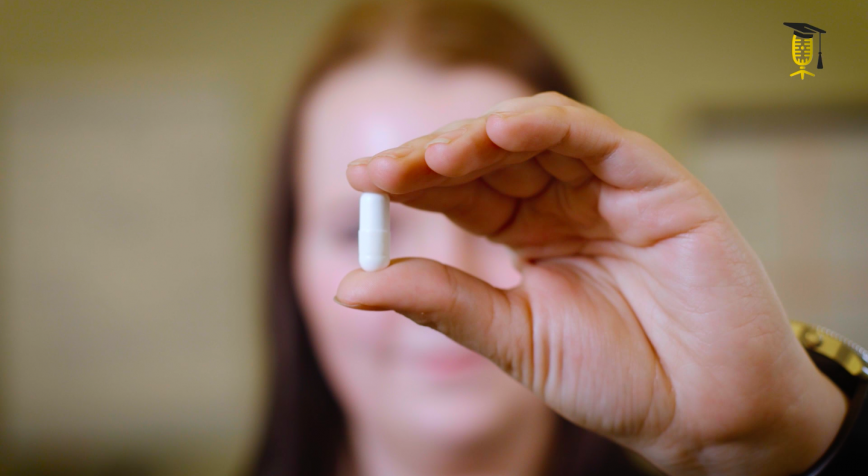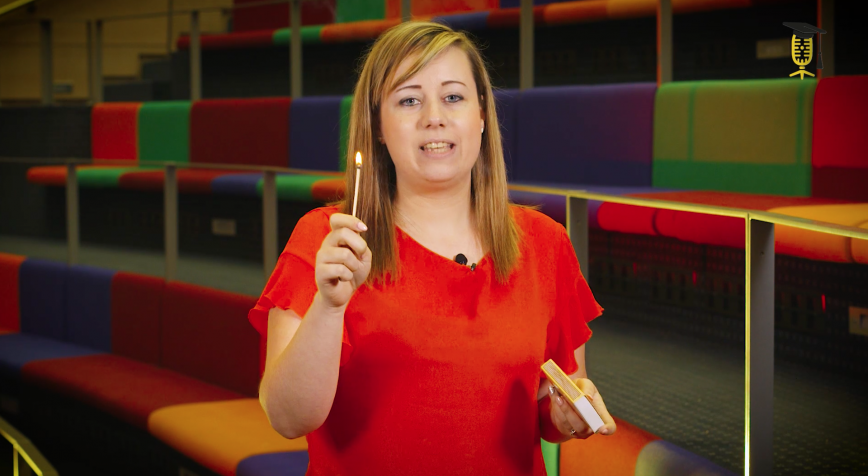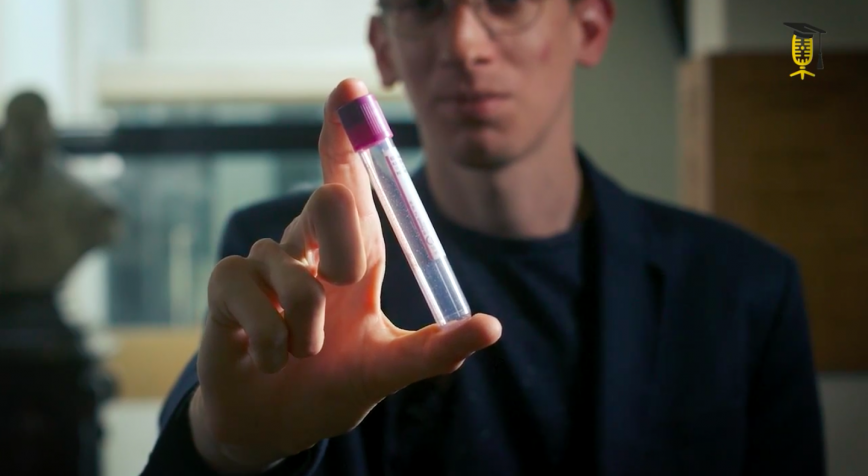
FWO
UGent
Liquid biopsies in cancer diagnosis
Did you know that 1 in 100 people who develop cancer are under 18 years of age? In order to diagnose cancer, a surgical biopsy is often required. But Ruben Van Paemel and his colleagues want to change this. They want to detect cancer in children by taking a simple blood sample.
